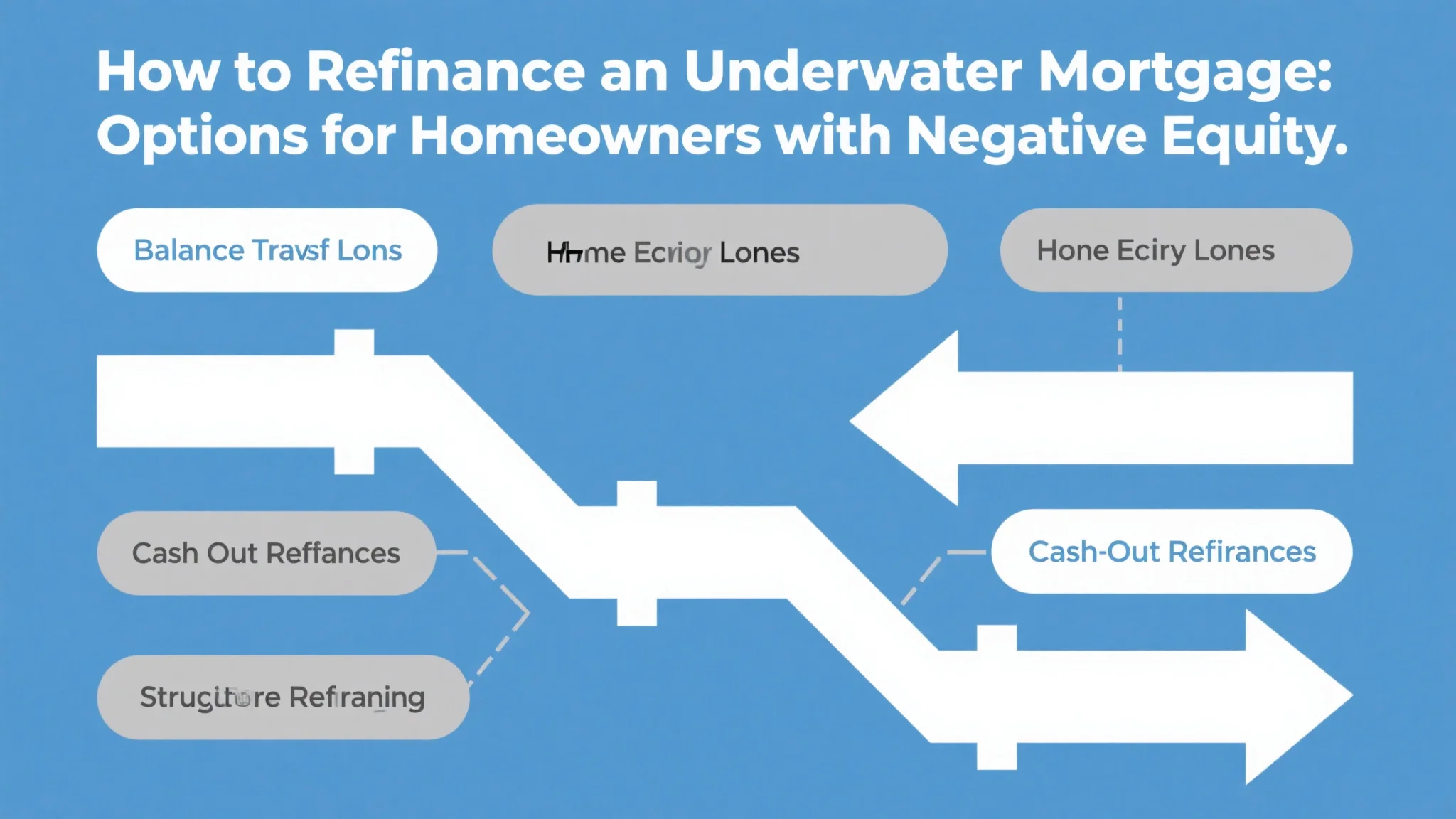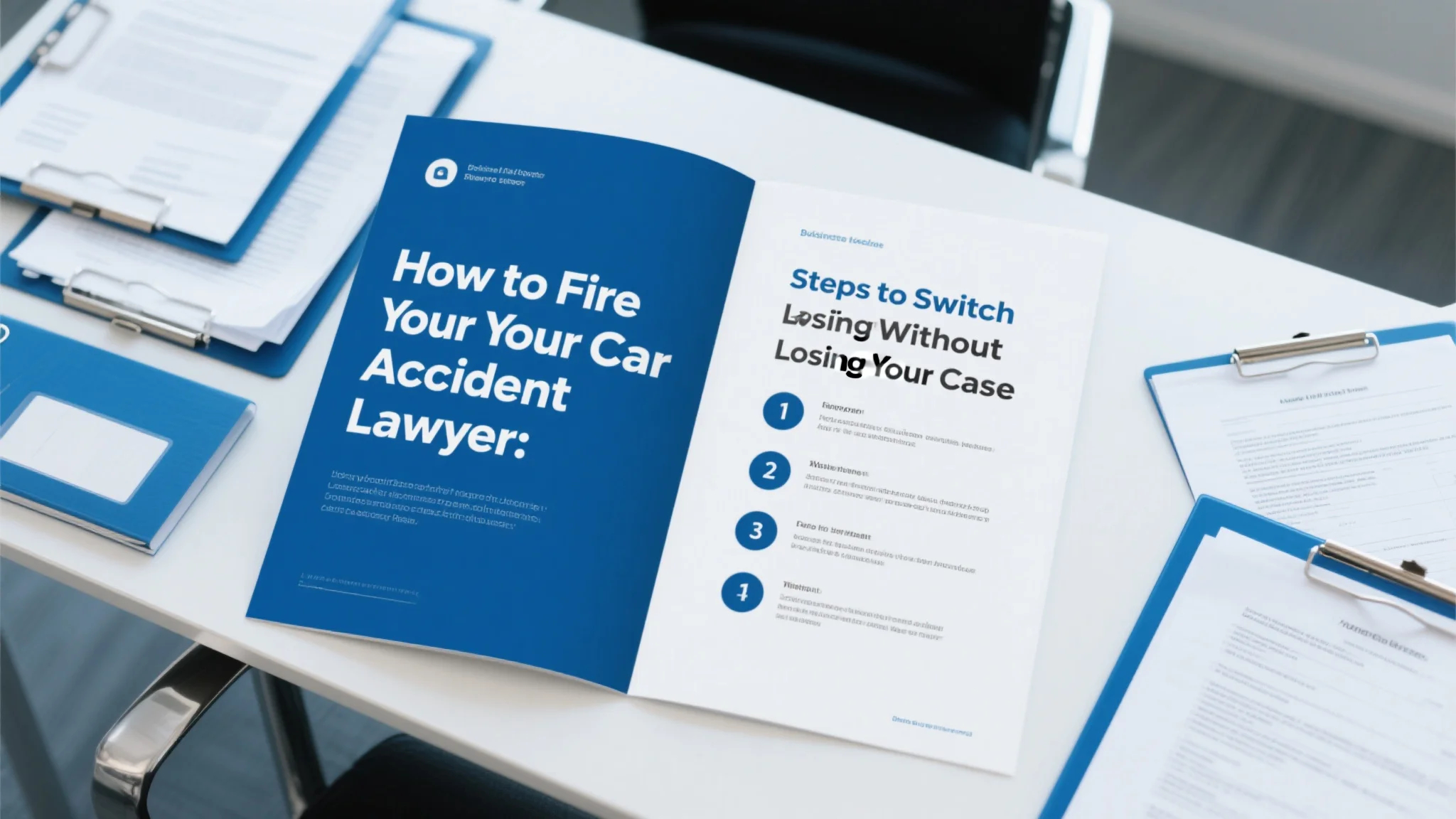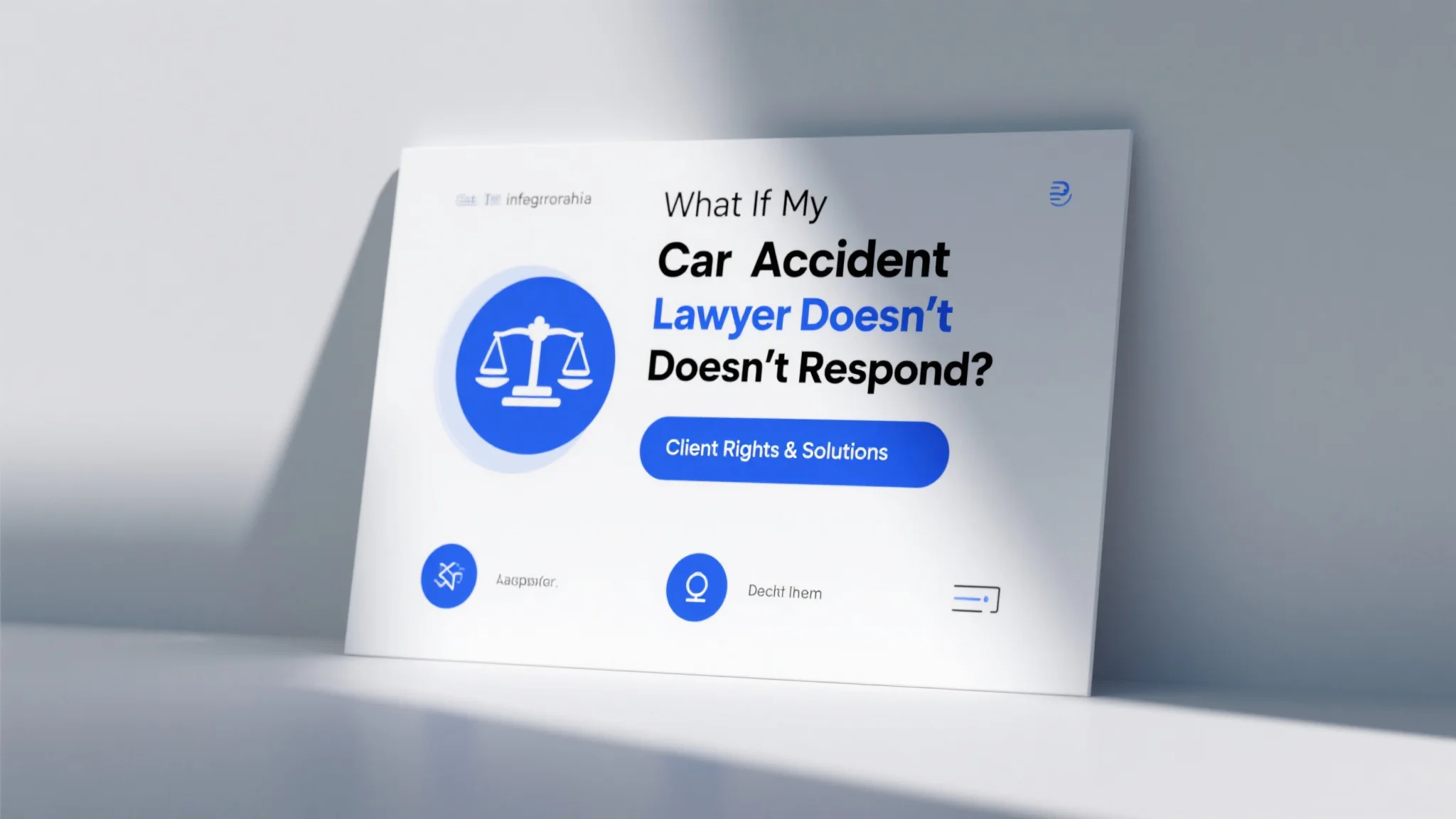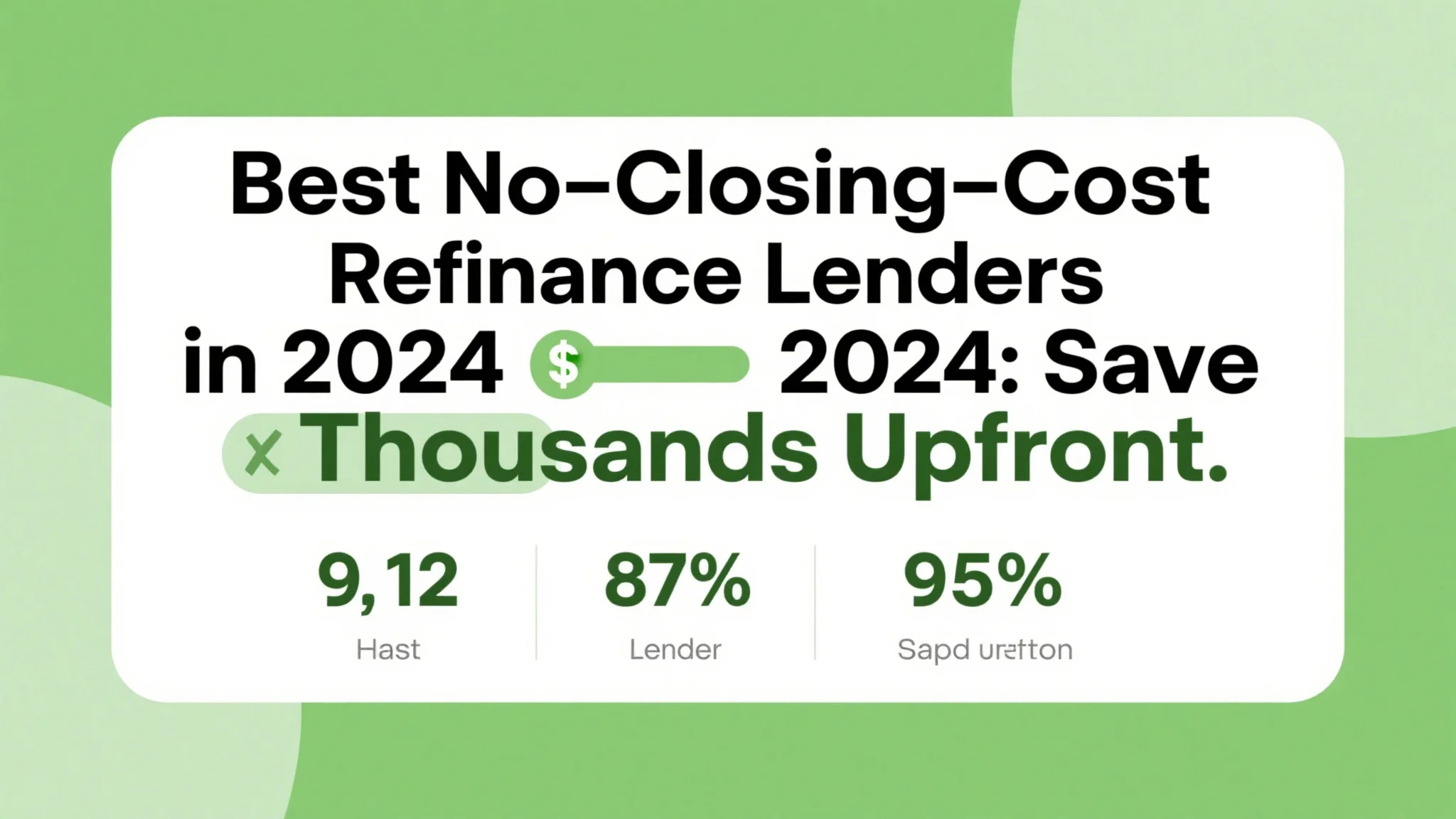How to Refinance an Underwater Mortgage: Options for Homeowners with Negative Equity
For homeowners struggling with underwater mortgage refinance challenges, the financial landscape in 2024 offers several potential solutions. While the original Home Affordable Refinance Program (HARP) has expired, new HARP replacement 2024 options and alternative negative equity solutions have emerged to help borrowers regain financial stability. This comprehensive guide explores all available strategies for homeowners whose property values remain below their outstanding loan balances.
Understanding Underwater Mortgage Challenges
The first step in pursuing an underwater mortgage refinance is understanding why traditional refinancing options aren’t available when you owe more than your home’s current value. Lenders typically require at least some equity to approve conventional refinancing, making specialized HARP replacement 2024 programs and other negative equity solutions essential for these situations. The good news is that today’s market offers more flexibility than many homeowners realize.
Current underwater mortgage refinance options vary significantly by location, loan type, and individual financial circumstances. While no direct HARP replacement 2024 program exists at the federal level, many lenders have developed their own versions of these negative equity solutions to serve this important segment of borrowers. Understanding these options requires careful research and often professional guidance.
Government-Backed Refinance Programs
For homeowners with FHA, VA, or USDA loans, specialized underwater mortgage refinance options remain available even without a formal HARP replacement 2024 program. These government-backed negative equity solutions often feature more flexible equity requirements than conventional loans, making them ideal for borrowers in challenging financial positions. Each program has unique qualifications and benefits worth exploring.
The FHA Streamline Refinance program represents one of the most accessible underwater mortgage refinance options available today. While not technically a HARP replacement 2024 initiative, it serves a similar purpose by offering negative equity solutions without requiring a new appraisal in many cases. VA Interest Rate Reduction Refinance Loans (IRRRL) provide comparable benefits for qualified military borrowers.

Conventional Loan Alternatives
Borrowers with conventional mortgages face different underwater mortgage refinance challenges, as private lenders have largely stepped in to fill the gap left by HARP’s expiration. While no standardized HARP replacement 2024 program exists, many major lenders now offer proprietary negative equity solutions with varying requirements and benefits. These programs typically require strong payment history and credit scores.
Exploring these underwater mortgage refinance options often begins with your current loan servicer, as they have the most incentive to keep your loan performing. While not all lenders offer formal HARP replacement 2024 style programs, many have developed internal negative equity solutions that can provide similar relief. The key is persistent, informed negotiation with loss mitigation departments.
Strategic Approaches to Negative Equity
Beyond formal underwater mortgage refinance programs, homeowners should consider broader negative equity solutions that address their overall financial picture. Sometimes the best approach combines elements of loan modification, principal reduction (when available), and strategic financial planning rather than seeking a direct HARP replacement 2024 equivalent. Each homeowner’s optimal path depends on their specific circumstances.
One often-overlooked underwater mortgage refinance strategy involves improving the property’s value through strategic renovations. While not a quick fix, targeted improvements can sometimes bridge the gap to qualify for traditional negative equity solutions faster than waiting for market appreciation. This approach requires careful cost-benefit analysis to ensure the investment makes financial sense.
Long-Term Financial Planning
Successful underwater mortgage refinance applicants view their solution as part of a comprehensive financial strategy rather than a one-time fix. Whether utilizing a HARP replacement 2024 style program or other negative equity solutions, the goal should be establishing sustainable homeownership for the long term. This often requires parallel efforts to improve credit, increase savings, and potentially boost income.
Homeowners pursuing underwater mortgage refinance options should also consider how their choices today might affect future refinancing opportunities. Some negative equity solutions come with restrictions or penalties that could limit flexibility down the road. Understanding these implications helps ensure your current HARP replacement 2024 alternative doesn’t create new problems later.
Navigating the Application Process
The documentation requirements for underwater mortgage refinance applications tend to be more extensive than standard refinancing. Whether applying for a formal HARP replacement 2024 program or other negative equity solutions, borrowers should prepare detailed financial records, payment histories, and hardship documentation if applicable. Thorough preparation significantly improves approval chances.
Many successful underwater mortgage refinance applicants work with housing counselors approved by the Department of Housing and Urban Development (HUD). These professionals can help navigate the complex landscape of negative equity solutions and identify potential HARP replacement 2024 alternatives you might qualify for based on your specific situation. Their services are typically free or low-cost.
Emerging Market Trends
The underwater mortgage refinance market continues evolving as lenders develop new products to serve this niche. While no true HARP replacement 2024 exists at the national level, regional programs and innovative negative equity solutions are emerging in markets with significant underwater mortgage challenges. Staying informed about these developments can reveal unexpected opportunities.
Technology is also transforming access to underwater mortgage refinance options, with digital platforms making it easier to compare various negative equity solutions from multiple lenders. These tools help borrowers identify potential HARP replacement 2024 alternatives they might qualify for without extensive manual research, though professional advice remains valuable for complex cases.
Making the Right Decision
Choosing between various underwater mortgage refinance options requires careful consideration of both immediate and long-term impacts. While interest rate reduction through a HARP replacement 2024 style program might seem appealing, other negative equity solutions could better serve your overall financial goals. The optimal choice balances monthly affordability with your broader homeownership strategy.
Remember that successful underwater mortgage refinance outcomes depend on persistence and flexibility. If one negative equity solutions provider denies your application, another might approve it. The mortgage landscape changes constantly, so today’s unavailable HARP replacement 2024 alternative might become accessible tomorrow with slightly improved circumstances or new program offerings.






